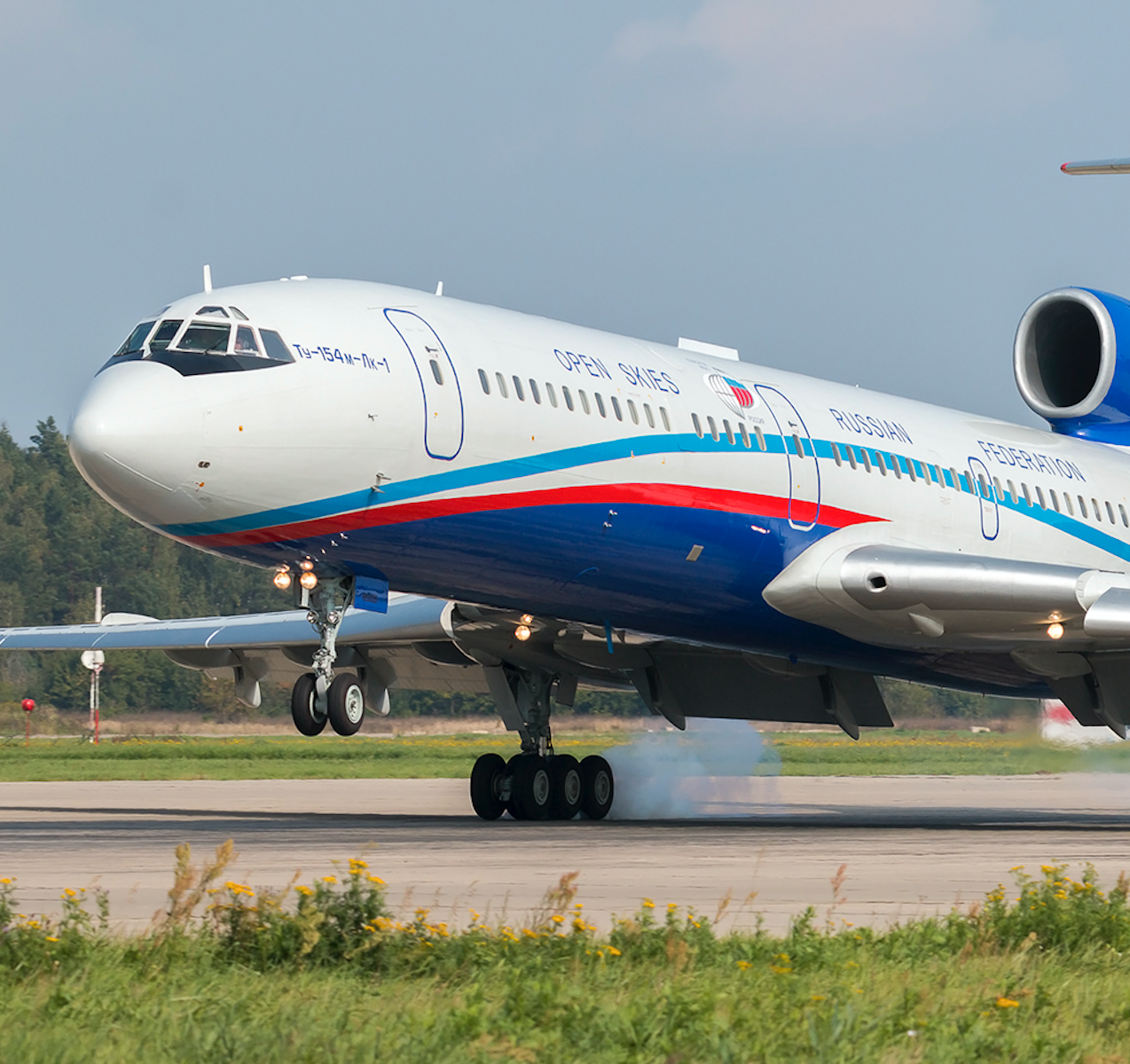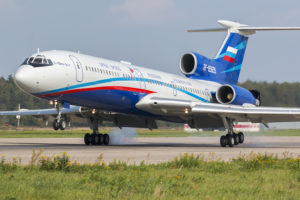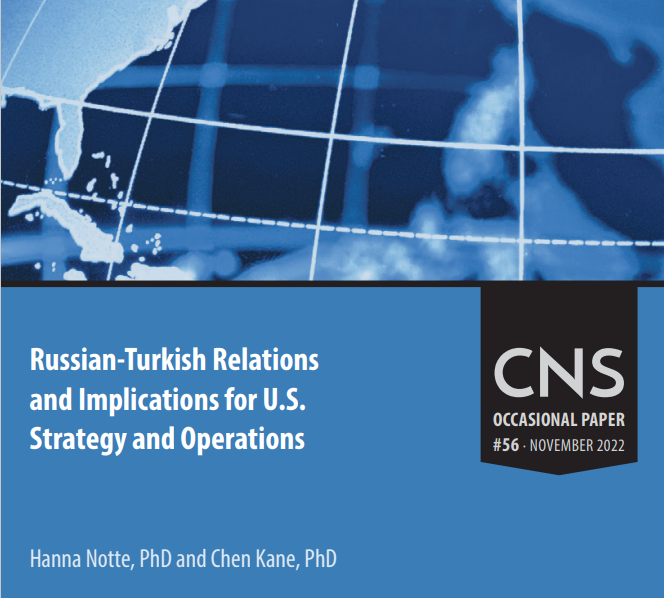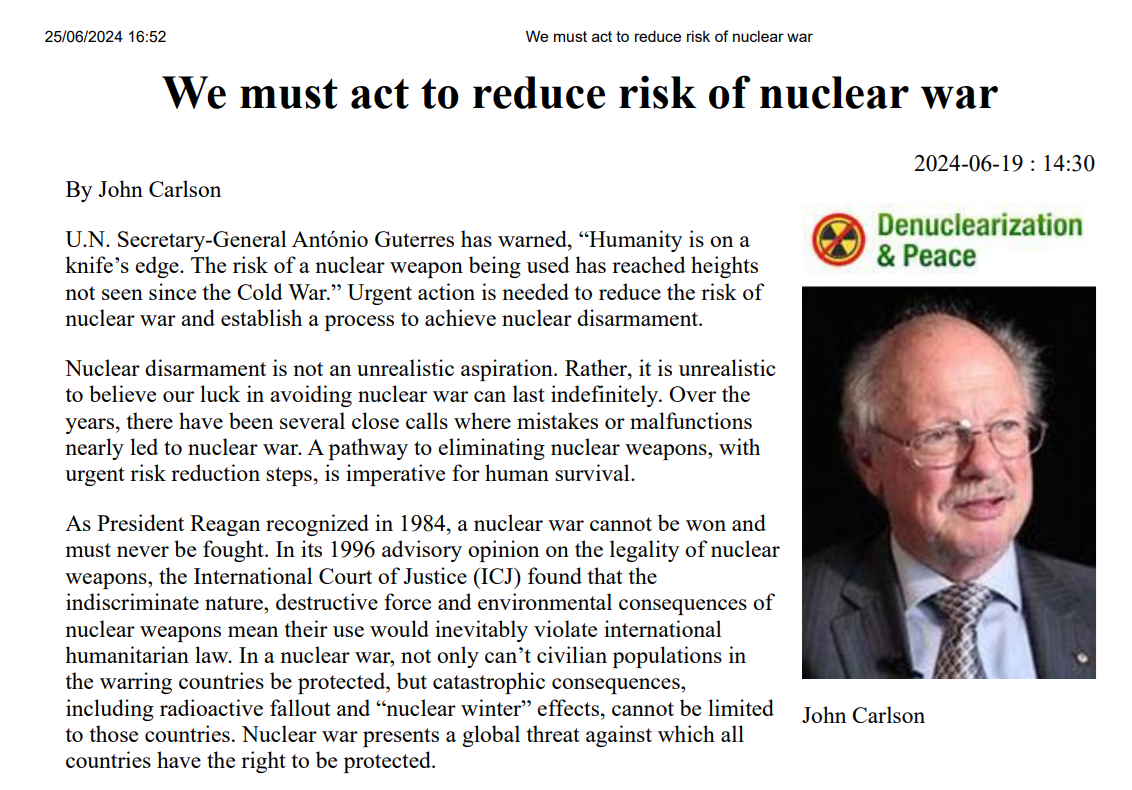

The almost certain collapse of the Open Skies Treaty following United States’ decision to withdraw and inevitable Russian reaction is yet another example of the gradual dismantling of the network of arms control and confidence-building regimes created after the end of the Cold War. What led to this point and what might US President Biden do to keep US-Russian nuclear arms control from perishing completely? VCDNP Senior Fellow Nikolai Sokov addresses these and other questions in his new article in Pathways to Peace and Security, an academic journal published by the Institute of World Economy and International Relations of the Russian Academy of Sciences (IMEMO).
In the article, Dr. Sokov argues that the crisis in arms control, including the Open Skies Treaty, did not appear suddenly, but rather manifested slowly over several US presidents. The US and Russia had traded allegations of violating the treaty for some years, including violations related to the treaty itself and other reasons such as Open Skies flights over disputed territory. The decreased priority placed on arms control by the United States was compounded by the belief that weak arms control regimes were preferable to limitations on US activities and that the US was sufficiently advanced to remain ahead of any competitors, including Russia.
While arms control issues are more effectively addressed through detailed, difficult negotiations and compromises, Dr. Sokov notes that the evolving US approach to perceived treaty violations by Russia amounted to an ultimatum to Moscow to admit to violations and address them based on the US’ preference. He explains Russia’s decision to follow suit by withdrawing from Open Skies as driven both by political motives and, in cost-benefit terms, by concerns that the United States would keep access to data on Russia collected under the treaty through the US NATO allies.
Dr. Sokov expressed the view that it is too early to tell what US President Biden’s policies will be on arms control. On one hand he observes that President Biden’s quick decision to extend the 2010 Strategic Arms Reduction Treaty (New START) was a positive step. On the other hand, the Biden administration has announced that it will not be returning to Open Skies. In his view, the demise of the Open Skies Treaty is all but a forgone conclusion. Whether it can be replaced by a new mechanism in the future remains to be seen but does not appear likely.

